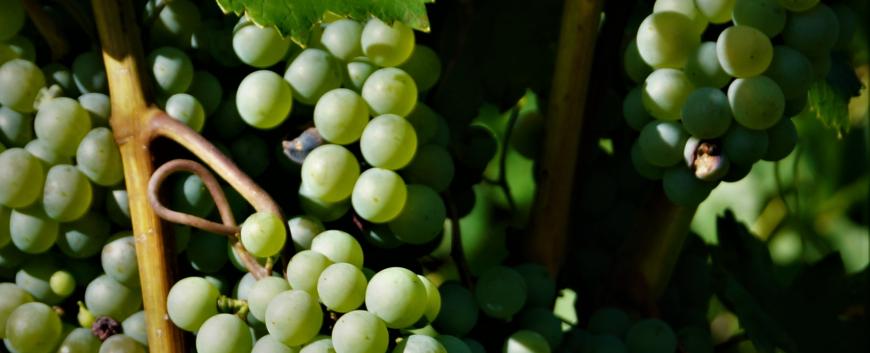
Resistance breeding of grapes has been going on since the end of the 19th century, with some minor successes, and has enjoyed a renaissance with renewed vigour in the last 20 years. The main reason for encouraging resistance breeding in vines is that, although only 2% of the EU's agricultural area is under vines, 50% of the pesticides applied are used there. The ECOPHYTO plan calls for a 50% reduction in the amount of pesticides applied by 2018 and 53 active substances have been phased out. Therefore, there is a particular need for new innovative, nematode-resistant varieties for sustainable, environmentally friendly viticulture practices.
Resistant varieties do not require spraying against fungal diseases, making them more cost-effective and environmentally friendly to grow. Such vines have a huge competitive advantage and consequently a high market value potential.
CONTACT
Pécsi Tudományegyetem | Kancellária | Informatikai és Innovációs Igazgatóság 2021.

